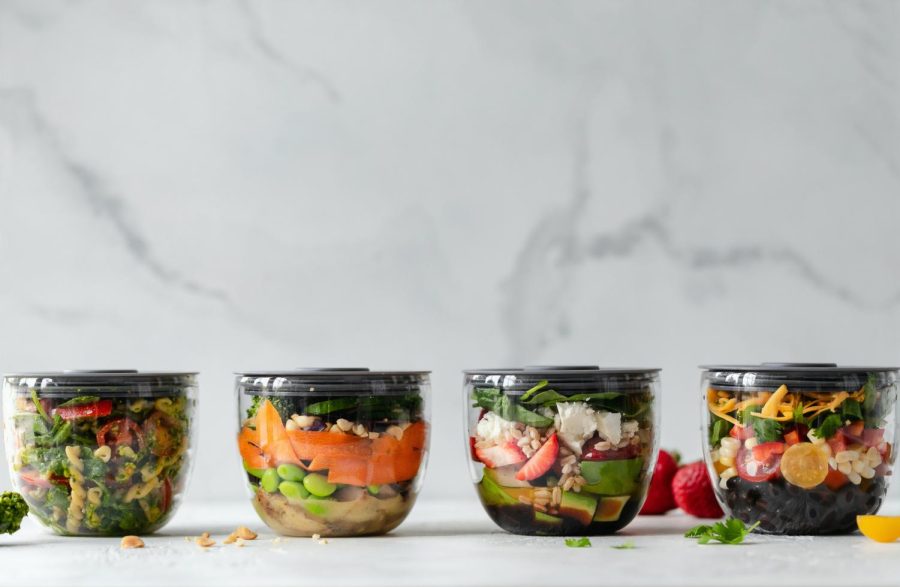Here in the U.S., almost every home has at least one microwave. In fact, over 30 million microwaves are sold around the world every year, according to the Microwaves Technologies Association. They’re definitely the go-to cooking method for college students who live in dorms. They’re fast, convenient, easy to use, and not too hard on the budget, so why not?
For years, there has been an argument about whether or not microwaving food is bad for you. While there are valid points on both sides of the story, there are just some things you should not use a microwave for. Obviously, you should definitely steer clear of microwaving in non- microwavable containers, but are there certain foods you shouldn’t microwave?
Some people say microwaving foods takes away their nutrients, while others say microwaving actually preserves the nutrients better compared to other types of cooking. WebMD says if you microwave your food correctly, you shouldn’t be at risk of losing too much of the nutrients. They say in order to microwave your food without losing a significant amount of nutrients, you should add only a small amount of water and cover it so you’re basically steaming your food in the microwave.
Eatthis.com gives a list of foods you shouldn’t microwave for a variety of reasons.
#1. Boiled eggs. Boiled eggs have been known to blow-up when you microwave them whole, with, or without the shell. This can result in making a huge mess inside your microwave. The explosion has been known to take place while in the microwave as well as after they’ve been microwaved, so this could occur while the egg is still in the microwave or even worse, after you take it out of the microwave and start eating. A solution to this problem is to slice the boiled egg up a bit before microwaving.
#2. Processed meats. These include meats such as lunch meats you buy at your local grocery store. While processed meat is already not the best for you, if you microwave them, they actually can be even worse for you. Microwaving these meats can actually produce more cholesterol oxidation products than what is already in them. These chemicals can lead to heart disease, so it’s best to avoid microwaving processed meats and instead, look for an alternative cooking method.
#3. Peppers. While peppers are known for being hot, microwaving these spicy fruits can change entirely what we mean by the word hot when describing them. Cooking peppers in a microwave actually sometimes can cause them to catch on fire. Furthermore, even if the peppers don’t catch fire, microwaving them actually releases the chemical that makes them spicy, so when you open the microwave door, those chemicals are actually released into the air and can cause your throat and eyes to itch or burn.
#4. Red pasta sauce. Everyone’s done it. You go to heat up your leftover pasta in the microwave and when the timer goes off, you return to find your microwave covered in red sauce. This happens because tomato sauce is so thick that it makes it hard for water particles to move around which causes steam pressure to build and eventually be released thus causing that dreaded crackling sound that results in red splatters all over. A way to avoid this is to just heat red pasta sauce on the stove.
#5. Grapes and raisins. Grapes and raisins, like peppers, have been known to burst into flames when microwaved. While this doesn’t happen as easily with grapes and raisins as it does with peppers, it’s still smart to stay away from microwaving them.
#6. Frozen meats. While using a microwave to thaw frozen meats might be faster, it can actually be quite dangerous. Thawing meats in the microwave often results in the outside of the meat being thawed and partially cooked while the inside is still frozen. This can actually cause bacteria to grow on the frozen parts which can cause a variety of food-borne diseases. It’s best to just stick to the old-fashioned way of thawing meat in the fridge. It might take extra time, but at least you’re less likely to contract a food-borne disease.
While this list covers a few foods you shouldn’t microwave, if you’re questioning whether or not you should microwave a certain type of food, it’s probably best to look into it before you do something potentially dangerous and harmful.
__
For more information or news tips, or if you see an error in this story or have any compliments or concerns, contact editor@unfspinnaker.com.















